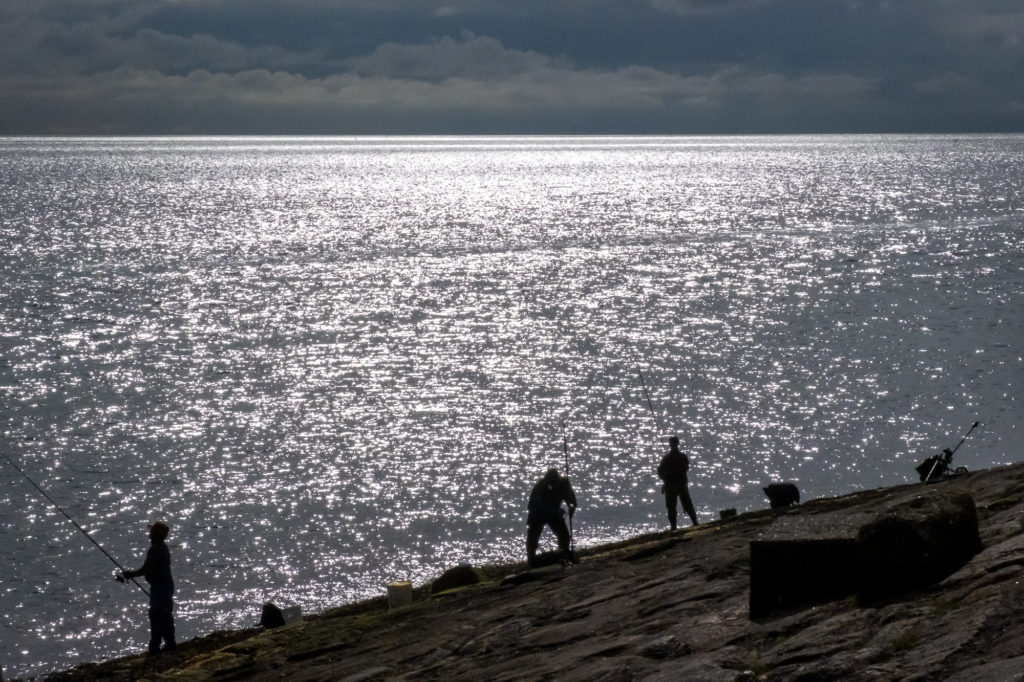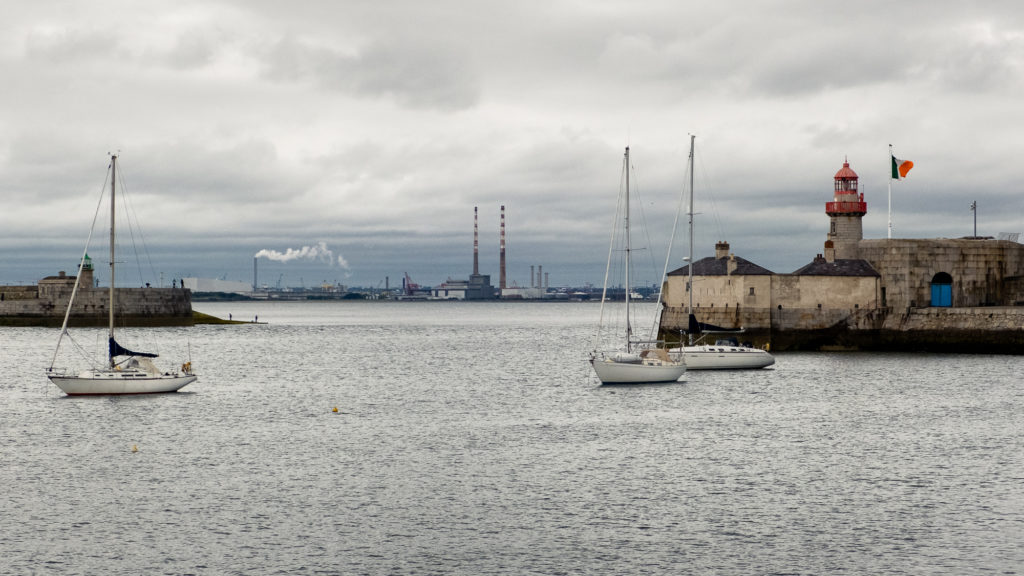This time next year, a week short of entering Rome on foot, I hope to be resting for a day in Viterbo, between Lakes Bolsena and Bracciano. Each of these lakes occupies the caldera of a dormant volcano and I will enjoy the sight of them.
‘So the first lesson about trusting your senses is: don’t. Just because you believe something to be true, just because you know it’s true, that doesn’t mean it is true.’ (from Incognito: The Secret Lives of the Brain by David Eagleman).

Though the last recorded volcanic activity in this complex was in 104 BC, the tuff cones that litter this area serve to remind us that future Pompeii-type eruptions must not be ruled out. Dormant is another way to say latent; when rather than if. You’d expect a government to have contingency plans for when it happens.
Hans Rosling told of Ebola in Factfulness in his aptly titled chapter The Straight Line Instinct. He explained doubling using the Lord Krishna story of rice and the chessboard. 64 squares. 63 doublings from one grain on the first square plus 2 on the second, +4 on the third +8 +16 …. to have over 18 trillion at the end. Despite knowing this, Rosling later writes ‘I was too slow to understand the magnitude and urgency of the Ebola crisis’. He was slower than the World Health Organisation because that’s where he got the numbers that scared him. He was much faster than governments who did little with the same numbers.
We watched seals watching people fishing from the foot of Dún Laoghaire pier, a kilometre out into the bay. The people cast their lines some twenty and thirty metres out into the retreating tide. Each line had a string of several hooks hidden in feathers above a big weight. The fishing folk were hoping that mackerel would be shoaling unseen in the deep water. As reliable as a windsock to a pilot, the seals have learned to watch for the tell-tale of a bending rod.
A woman sitting nearby said we should have been there earlier. One guy hooked five mackerel but only landed three. A waiting seal taxed him two. The woman said it was funny to watch the competition.
Another fisherman we spoke with a couple of days ago took thirty fish home after sharing several with those humans who came too late. It’s a good place to fish if you know your tides. Which is why the seals wait on a free meal service. They know their tides and save energy by pilfering instead of hunting.
One person’s pilfering is another’s tax. Some taxes are government pilfering. Some untaxed activities are even greater corporate pilfering, realised before governments can regulate the feed to their coffers.
Things may not always be what they seem. Your viewpoint determines what you see. It looks like seals use fisherman as a labour saving device. Perhaps they can imagine more but we’re not yet smart enough to know how a seal thinks. Perhaps the rapid advances in brain organoid technology will give us a better understanding of brain development and function but for now, we have no idea how we think. And since we don’t know how we think, we shouldn’t presume to limit the potential capacities of other organisms based on our ignorance or prejudice.
There was a great dialogue about the mechanism of flight in the very first episode of the BBC radio sketch Cabin Pressure :
‘ARTHUR: Yeah, but birds’ wings flap. Ours don’t flap. They’ve got flaps, but I once watched the flaps, all the way to Stockholm. And take it from me, they’re seriously misnamed. So, so why does having wings make the plane leave the runway?’
I got a gift of the first series on CD and the series has played in each of my last four cars. It is still played with great regularity on longer journeys. The series is, as Arthur might say, ‘Cracking’. It may be a comedy but it reminds us of realities such as how planes stay aloft.
These seals are lucky to be here at all for very complex reasons. We (the people) overfished and depleted the food they eat. We persecuted the seals for taking commercially valuable crab and lobster from the pots the seals doubtless saw as shopping baskets. We pumped our raw sewage into the bay (I know this because I once used rhodamine dye to trace a toilet flush along Victorian plumbing and could see it’s outfall about 100 m offshore). The seal population that wasn’t shot or clubbed to death crashed.
Rules and regulation meant the fishing became better managed though the fish stocks have not fully recovered. The sewage treatment was massively improved after huge expenditures. The seals have returned and thrived to become a tourist attraction.
Imagine the future. We can’t build it without imagining it first. Trust in inclusivity to provide the diversity of thought that will enrich us in the longer term. Think globally.
Caveat emptor: my musings may not be complete let alone correct.


Using our brains to try to understand our brains. It’s hard to get my brain around that one. So I’ll just use my brain to imagine a lovely future. That’s good advice, thanks.
Perhaps we should be using our brains to imagine that brains may not all take the same form as our brains. How smart is a tree or a clonal colony? If bees use pheromones to coordinate activity, what else have we not yet seen?
I believe the future could be more lovely if we thought more inclusively.
I hope the future is more lovely and I hope we start thinking more inclusively. It’s quite possible (probable?) we’re part of a living system and not individuals at all.